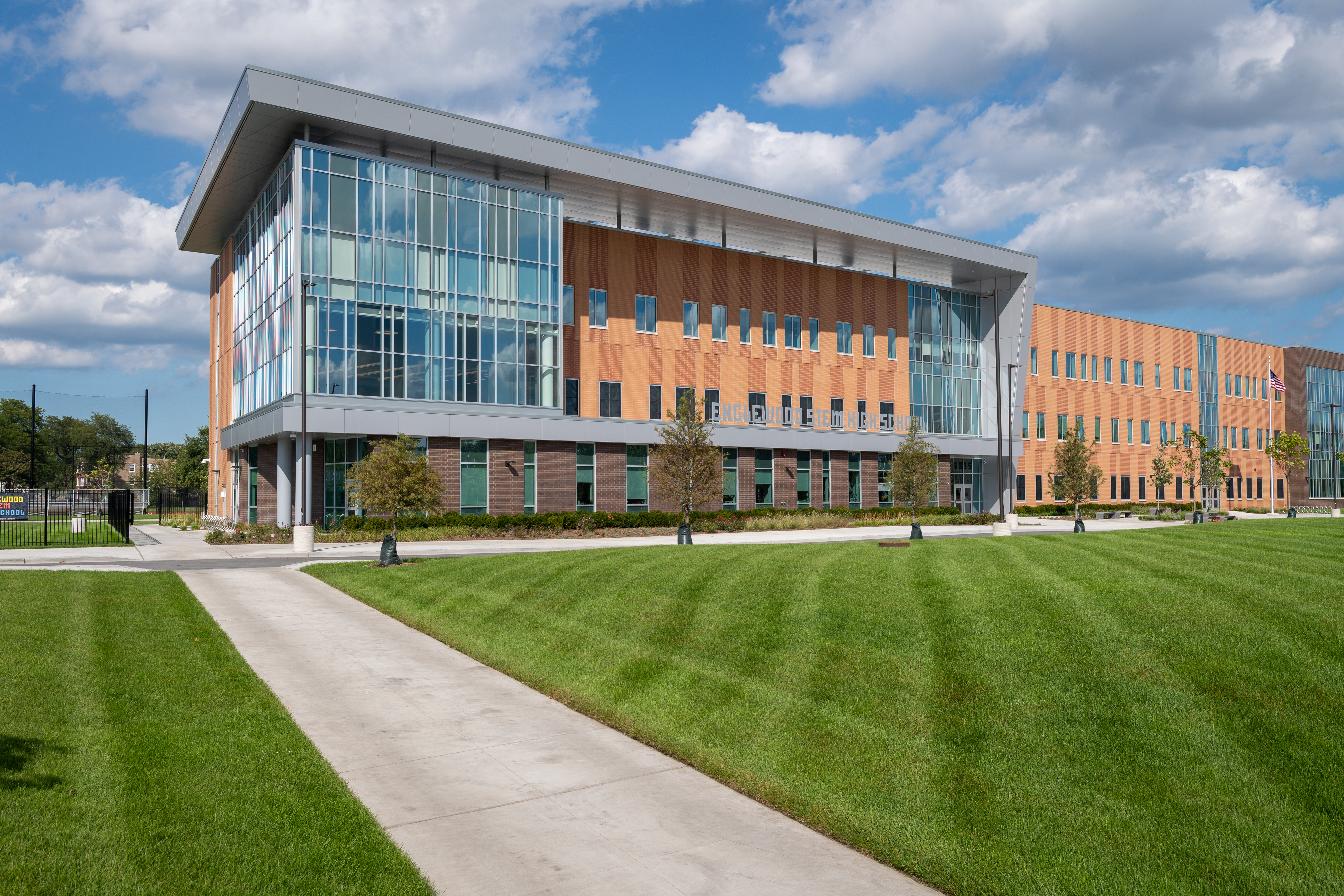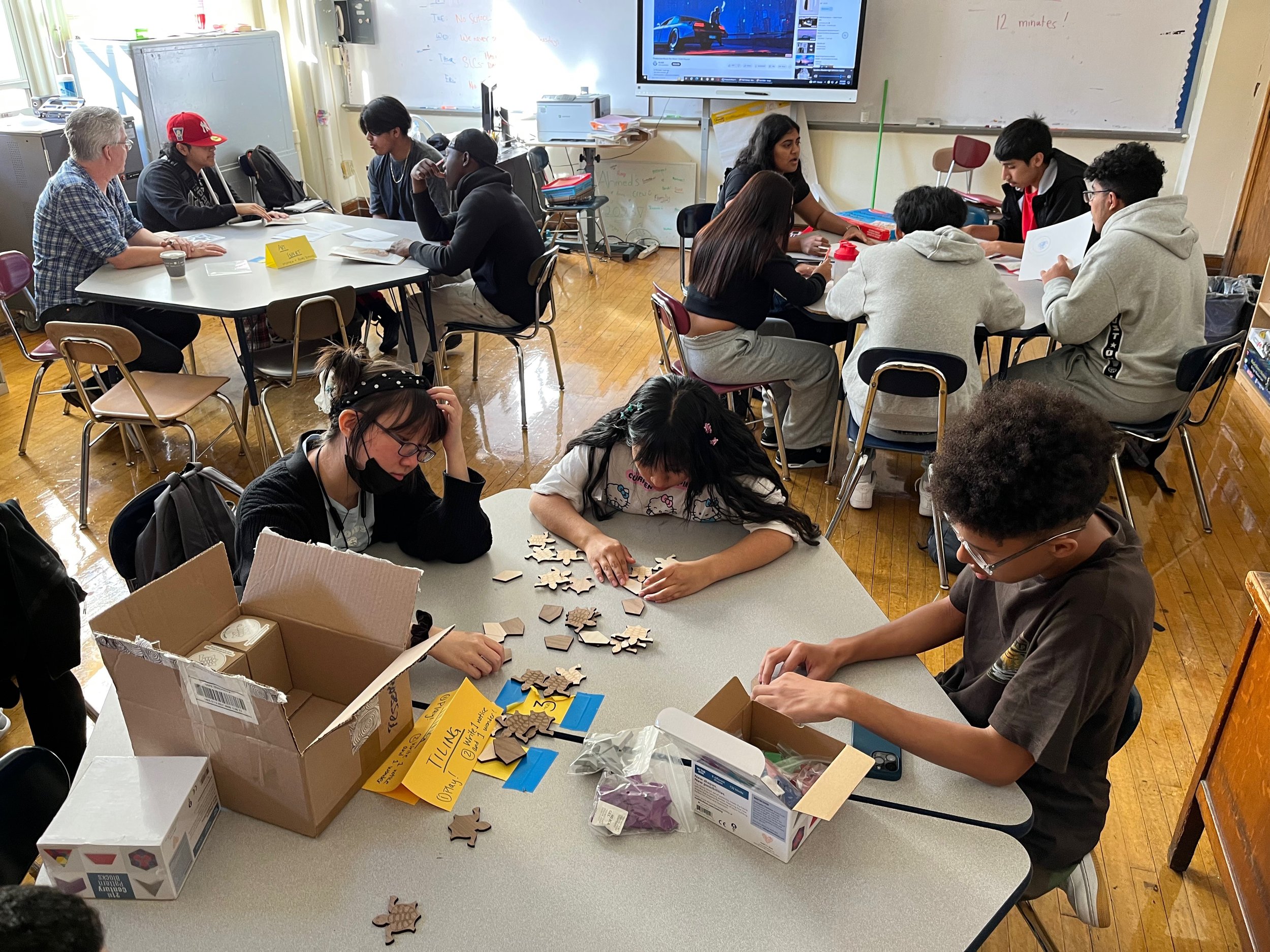The Effect of College Environments on Academic Success and Personal Health
The layout of educational areas, including natural lighting and ergonomic furnishings, can improve pupils' concentration and comfort. Just how can institutions strategically boost these facets to better support their trainees?
Physical Design and Design
Just how does the physical design and design of a school influence academic success? The setup and aesthetic of a college setting can substantially affect pupils' knowing outcomes. A properly designed school format promotes ease of movement, decreases distractions, and promotes a feeling of safety and belonging. Vast corridors and plainly significant locations help with smooth changes between courses, reducing lateness and disturbance. Additionally, strategically put common areas motivate social communications, which are essential for social and emotional advancement.
Natural lights and efficient ventilation systems are crucial in enhancing cognitive function and reducing absence. Researches have revealed that classrooms with enough natural light enhance student concentration and reduce sensations of drowsiness. Furthermore, ergonomic furnishings tailored to pupils' needs can prevent physical pain, permitting long term focus and interaction in scholastic activities.
Access to outdoor spaces and visually pleasing surroundings likewise play an important duty - Save Temecula Schools. Environment-friendly areas and well-maintained school premises offer possibilities for physical exercise and psychological relaxation, both of which are crucial for maintaining high degrees of academic performance. In significance, a thoughtfully created physical setting can function as a driver for scholastic quality, cultivating an environment that sustains both teaching and understanding
Class Atmosphere
An environment that cultivates a sense of safety and security, inclusivity, and mutual respect encourages pupils to engage even more actively in their understanding processes. The setting of a classroom, consisting of facets such as lights, noise degrees, and seating arrangements, can substantially impact student focus and motivation.
Additionally, the class atmosphere should support a culture of partnership and open interaction. They are much more most likely to engage deeply with the material and create critical believing skills when trainees feel comfortable revealing their concepts and asking concerns. Peer interactions and group activities can improve learning by fostering and supplying varied point of views teamwork
Furthermore, developing regular routines and clear assumptions can develop an organized atmosphere that enables students to concentrate on their researches. By decreasing unpredictability and providing a foreseeable structure, trainees can much better handle their time and responsibilities. Eventually, a positive class environment not only enhances academic efficiency yet additionally contributes to the total well-being of students, preparing them for future academic and personal endeavors.
Teacher-Student Relationships
Building on the importance of a positive class environment, the relationships between pupils and teachers play an essential duty fit scholastic success. A healthy and balanced teacher-student relationship fosters a finding out environment where students really feel valued, understood, and supported, which dramatically improves their motivation and interaction. When trainees regard their educators as friendly and understanding, they are most likely to take part actively in class and seek aid when needed, contributing to a deeper understanding of check these guys out the topic.

Reliable interaction is essential to nurturing these relationships. Teachers that utilize open, respectful, and constant interaction produce a structure of trust fund. This count on enables students to reveal their worries and ideas openly, fostering a joint discovering atmosphere. Essentially, strong teacher-student relationships are a keystone of educational success, playing an important duty in both scholastic achievement and individual development.
Peer Communications
Peer interactions significantly affect scholastic success by shaping a trainee's social and cognitive advancement. Within the college environment, peer partnerships act as a fundamental part for finding out and personal growth. Favorable peer communications can enhance a trainee's inspiration and engagement in scholastic tasks with collaborative learning and common assistance. When trainees interact in team setups, they trade ideas, address troubles jointly, and create essential assuming abilities. Such interactions promote a sense of belonging and neighborhood, which is essential for emotional health and scholastic perseverance.

Effective peer interactions also add to the advancement of essential life skills, such as problem, interaction, and collaboration resolution. These social expertises are vital for both scholastic success and individual health, highlighting the relevance of fostering positive peer dynamics within the college setting.
Extracurricular Tasks
Taking part in after-school activities plays a critical function in a trainee's scholastic success and personal development. These activities, varying from sporting activities groups to question clubs, supply students possibilities to refine valuable abilities such as management, time monitoring, and team effort. Research regularly indicates that pupils that join after-school activities often tend to achieve greater scholastic efficiency. This relationship is frequently associated to the structured atmosphere and the self-control needed to stabilize both extracurricular and scholastic dedications.
Furthermore, extracurricular participation promotes a sense of belonging and community, which is vital for personal health. Joining group activities permits pupils to build and enhance social media networks, enhancing their psychological and social knowledge. These communications are vital for developing interpersonal skills that are advantageous in both future and academic professional settings.
Additionally, extracurricular activities give a positive outlet for students to discover their passions and enthusiasms past the standard curriculum. This expedition can result in the discovery of brand-new skills and possible job paths, even more encouraging students to engage more deeply in their academic work. To conclude, the function of after-school activities expands past mere leisure; they are indispensable to fostering a holistic educational experience that advertises both scholastic success and individual development.
Conclusion
Thoughtfully created physical formats and class, along with favorable teacher-student partnerships and positive peer communications, significantly improve student motivation and engagement. These elements jointly underscore the importance of creating and maintaining optimum school settings for the benefit of students' individual and academic development.
Inevitably, a favorable classroom ambience not only improves academic performance yet likewise contributes to the total well-being of pupils, preparing them for future instructional and individual undertakings.
